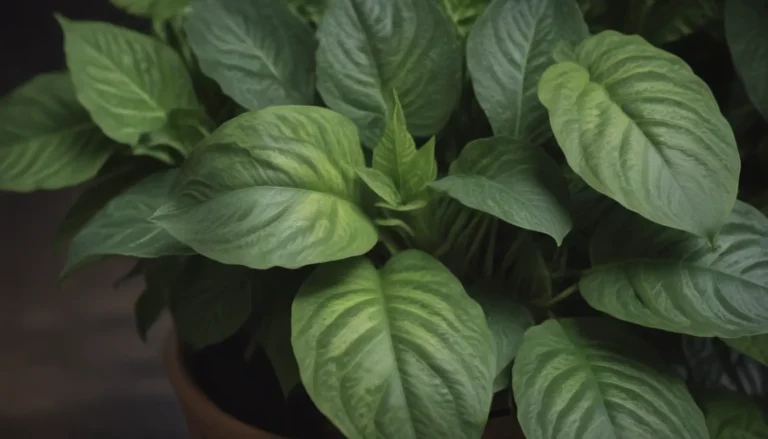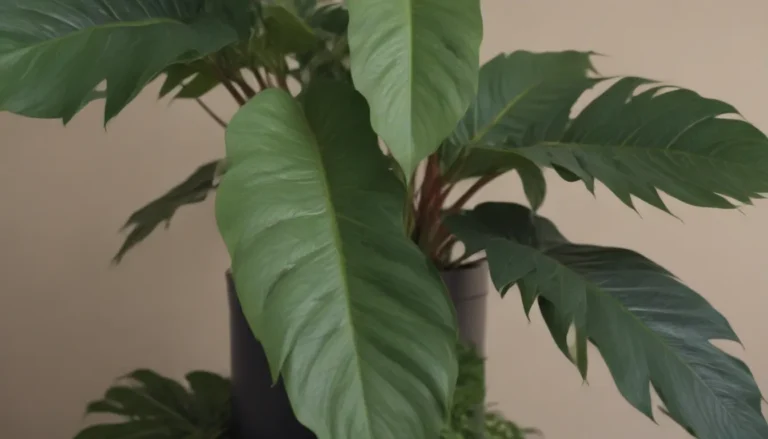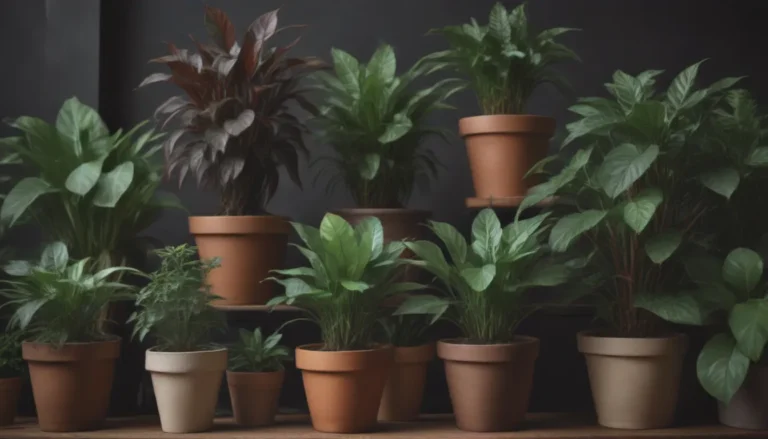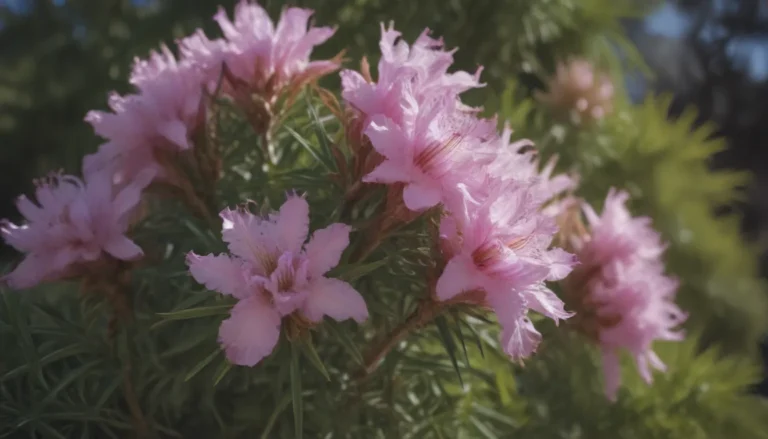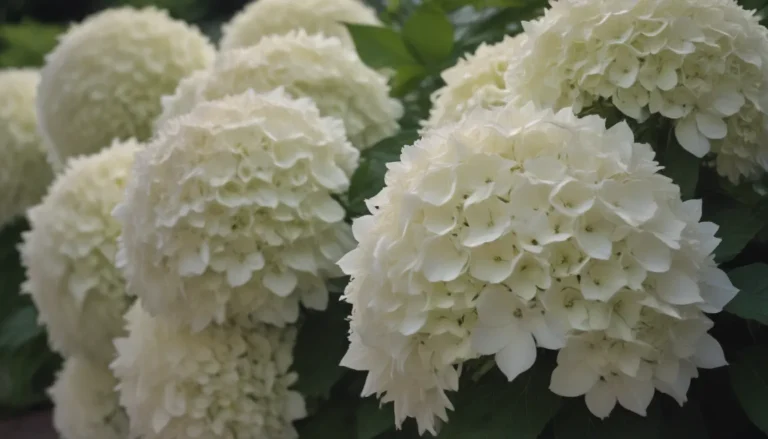Discover the Magic of Heirloom Seeds: What You Need to Know
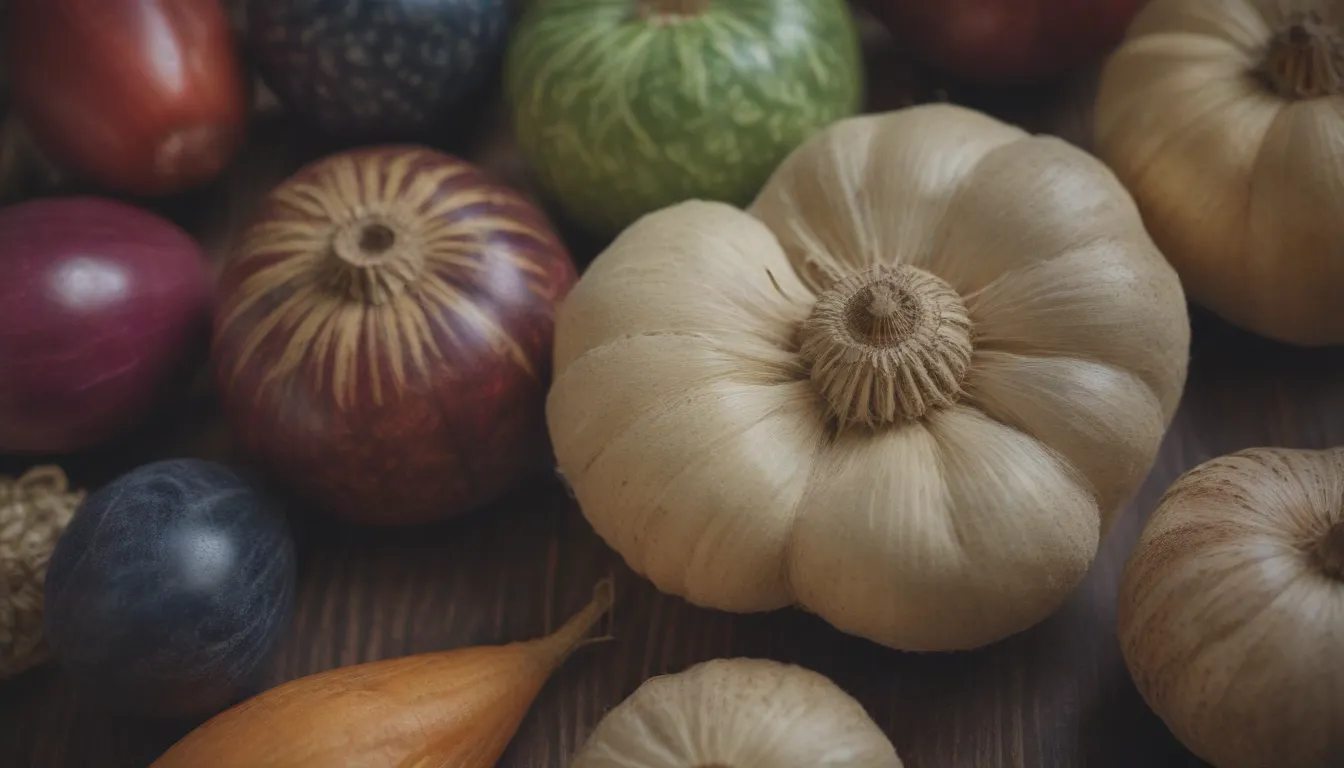
Gardening enthusiasts rejoice when those seed catalogs arrive, filled with promises of a colorful and bountiful garden. As we peruse these catalogs, the allure of heirloom seeds catches our eye, sparking curiosity and a desire to delve deeper into their history and benefits.
Unraveling the Mystery of Heirloom Seeds
So, what exactly are heirloom seeds? In a world where hybrids dominate the market, heirlooms stand out for their unique characteristics and rich backstory. Unlike hybrids that are bred for specific traits, heirloom seeds have been passed down through generations, cherished for their provenance and historical significance.
Fun Fact
Did you know that the term “heirloom” refers to seeds with a documented history, often handed down within families or communities? These seeds are lovingly preserved for future generations, ensuring their legacy lives on.
Unveiling the Allure of Heirloom Seeds
While heirloom seeds may not look drastically different from conventional seeds, they possess qualities that set them apart. These seeds can be saved and replanted year after year, a testament to their resilience and reliability. To be deemed an heirloom, a seed variety must have existed for at least fifty years, preserving older and time-tested cultivars.
Characteristics of Heirloom Seeds
- Can be saved and replanted annually
- Have a documented history and provenance
- Are cherished for their resilience and reliability
- Must be at least fifty years old to be classified as an heirloom
Embracing the Diversity of Heirloom Seeds
Planting heirloom seeds not only connects us to the past but also promotes crop diversity. In a world overrun by hybrids, heirlooms play a crucial role in preserving endangered plant varieties and horticultural heritage. These seeds offer a wide range of flavors, colors, and fragrances, enhancing the culinary experience and delighting gardeners with their unique qualities.
Benefits of Planting Heirloom Seeds
- Promotes crop diversity
- Preserves endangered plant varieties
- Enhances flavors, colors, and fragrances
- Celebrates horticultural heritage
Exploring Heirloom Seeds vs. Organic Seeds
While organic seeds are produced according to USDA standards, heirloom seeds may not adhere to these guidelines. For those seeking organic processes in their gardening practices, it’s essential to verify the source of their seeds. Checking for the USDA Organic symbol ensures that your seeds are produced in compliance with organic standards.
Debunking the Myth: Heirloom Seeds and GMOs
One of the defining features of heirloom seeds is their non-GMO status. Genetically modified organisms (GMOs) have garnered controversy for their manipulation of plant genetics, leading many gardeners to opt for heirloom seeds to avoid GMOs. By choosing heirloom seeds, you can rest assured that you’re planting with nature’s integrity in mind, free from engineered modifications.
Key Takeaways
- Heirloom seeds are always non-GMO
- GMOs are controversial due to their genetic modifications
- Choosing heirloom seeds ensures natural and unaltered plant genetics
Nurturing a Garden of Heirloom Treasures
From heirloom tomatoes to fragrant herbs, the world of heirloom seeds offers a cornucopia of delights for gardeners seeking a taste of the past. Whether you’re drawn to the stories behind these seeds or the vibrant flavors they yield, planting heirloom seeds is a rewarding journey into the rich tapestry of horticultural history.
Popular Heirloom Vegetables
- Tomatoes
- Beets
- Melons
- Corn
- Cabbage
- Kale
- Lettuces
- Beans
- Carrots
- Herbs
In conclusion, heirloom seeds are more than just seeds — they’re gateways to a world of tradition, diversity, and sensory bliss. As you tend to your garden of heirloom treasures, remember the stories embedded in each seed and the vibrant tapestry of flavors and colors they bring to life. Happy gardening!
